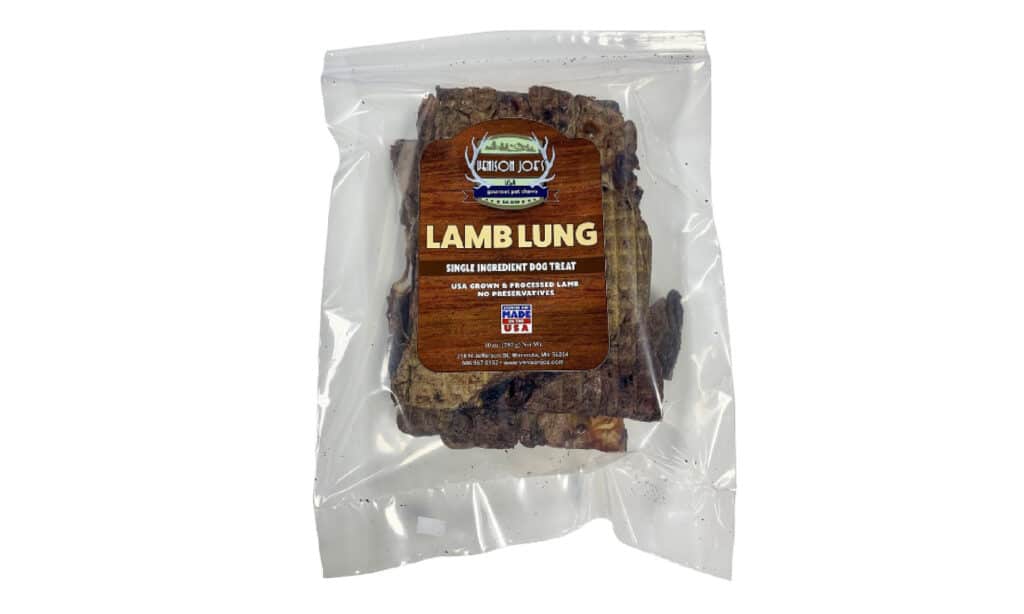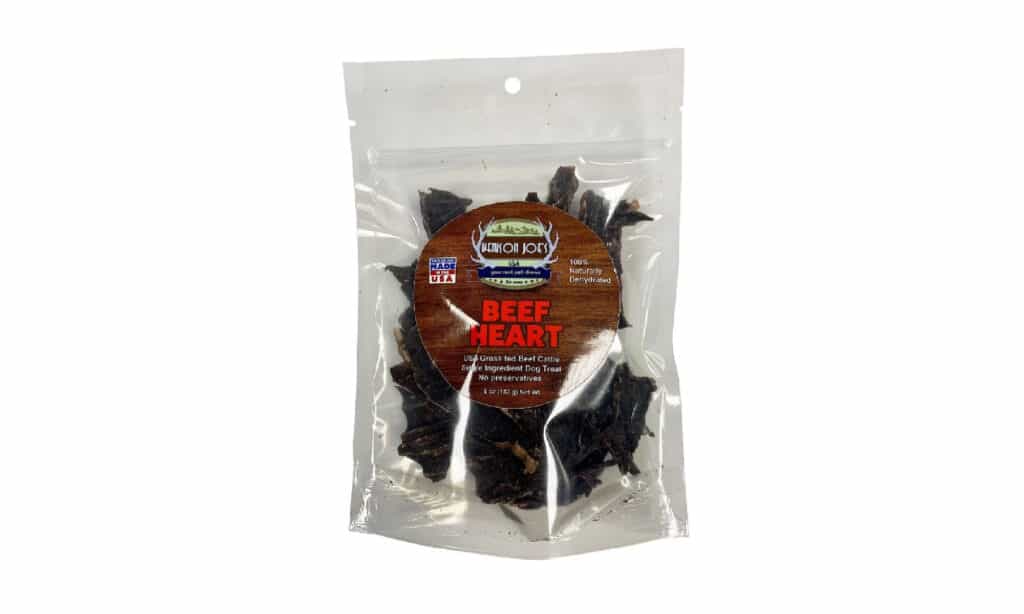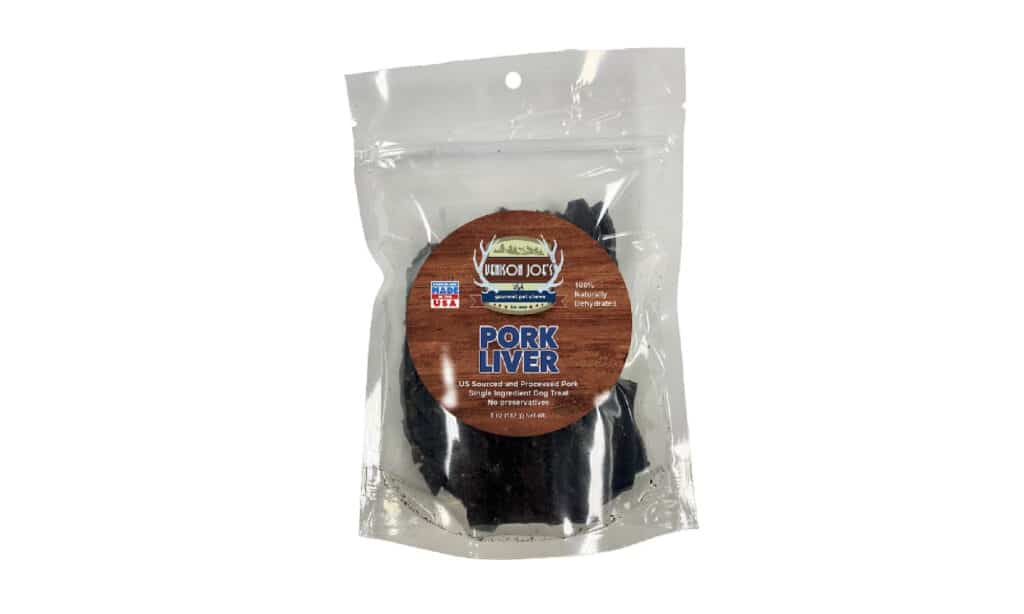If you’re a dog parent who loves indulging in eggrolls every now and then, you might be wondering whether your furry friend can join in on the fun. We all know that our dogs have different nutritional needs than we do, and it can be tough to figure out which human foods are safe for them to eat. In this blog post, we’re going to dive into the world of eggrolls and answer the burning question: can dogs eat eggrolls? We’ll discuss the nutritional value of eggrolls, any potential risks associated with feeding them to our four-legged friends, and offer up some alternative, dog-friendly treats. So, if you’re curious about whether your pup can chow down on some eggrolls, keep reading to find out!

What Are Egg Rolls?
Egg rolls are a popular Chinese-American dish that typically consists of a crispy, deep-fried shell filled with a mixture of vegetables, meat, and sometimes egg. The filling can vary widely, depending on the recipe and the cook’s preferences, but some common ingredients include cabbage, carrots, bean sprouts, celery, onions, and ground pork or shrimp.
Egg rolls are typically served as an appetizer or snack, often accompanied by a sweet and sour sauce or a spicy dipping sauce. They’re enjoyed by many people around the world for their crispy texture, savory filling, and delicious flavor.
While egg rolls may be a tasty treat for us humans, it’s important to consider whether they’re a safe and healthy choice for our furry friends. In the next section of this blog post, we’ll explore whether dogs can eat egg rolls and any potential risks associated with feeding them this popular snack.
Can Dogs Eat Egg Rolls?
The short answer is that it’s generally not a good idea to feed your dog egg rolls, or any human foods that are high in fat, salt, and spices. While some of the ingredients in egg rolls, such as vegetables and meat, may be safe for dogs in small amounts, the fried wrapper and seasoning could cause health problems for your pup.
Foods that are high in fat, such as deep-fried egg rolls, can cause pancreatitis in dogs, which is a painful and potentially life-threatening condition. The seasoning and spices used in egg rolls can also upset your dog’s stomach and lead to vomiting, diarrhea, or other digestive issues.
Additionally, the high salt content in egg rolls can cause dehydration in dogs and contribute to high blood pressure or other health issues over time.
So, while your dog may be eyeing your egg rolls with interest, it’s best to resist the urge to share this snack with them. Instead, consider offering your dog some healthy, dog-friendly treats, such as carrots, green beans, or small pieces of cooked, lean meat.

Harmful Ingredients in Egg Rolls:
As mentioned earlier, egg rolls typically contain a mixture of vegetables, meat, and sometimes egg, all wrapped in a deep-fried wrapper. While some of these ingredients may be safe for dogs in moderation, there are a few things to watch out for.
First and foremost, the deep-fried wrapper of an egg roll is high in fat and calories, which can be harmful to your dog’s health. Foods that are high in fat can cause pancreatitis in dogs, which is a painful and potentially life-threatening condition.
Another potential issue with egg rolls is the seasoning and spices used in the filling. Many egg roll recipes include garlic, onions, or other ingredients that can be toxic to dogs in large quantities. Additionally, the high salt content of egg rolls can cause dehydration in dogs and contribute to high blood pressure or other health problems over time.
Finally, it’s important to note that many egg rolls are made with ingredients that could cause allergic reactions in dogs. For example, if your dog is allergic to shellfish, feeding them egg rolls that contain shrimp or other seafood could be dangerous.
All in all, while it may be tempting to share your egg rolls with your dog, it’s best to err on the side of caution and avoid feeding them this snack altogether. If you’re looking for a safe and healthy way to treat your dog, consider offering them some fresh fruits or vegetables, or some lean, cooked meats. And as always, if you have any concerns about your dog’s diet or health, be sure to consult with your veterinarian.
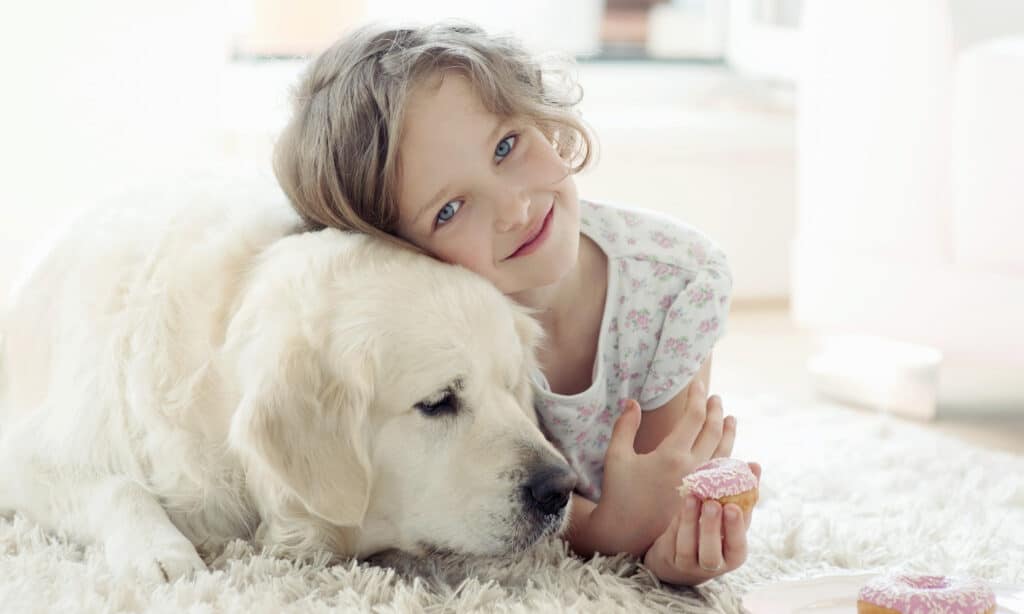
Safe Ingredients in Egg Rolls:
While egg rolls aren’t the healthiest snack for dogs, there are a few ingredients in them that could be okay for our furry friends to enjoy in moderation.
Some of the veggies in egg rolls, like cabbage, carrots, and bean sprouts, contain nutrients that are good for dogs. For example, cabbage is a great source of vitamin C and fiber, while carrots are loaded with beta-carotene, which helps keep their eyes healthy.
If you do want to give your dog a taste of the egg roll filling, it’s best to stick to the meat ingredients and avoid the fried wrapper. Cooked, lean ground pork or shrimp could be a safe and tasty option.
Still, it’s important to keep in mind that egg rolls are high in fat and salt, and the seasoning could be harmful to your dog’s digestion. Plus, there’s always the risk of an allergic reaction to certain ingredients.
Overall, while a few ingredients in egg rolls may be okay for dogs to eat, it’s best to play it safe and avoid giving them this snack altogether. Stick to dog-friendly treats that are specifically formulated for their nutritional needs, and if you have any questions or concerns about your dog’s diet, don’t hesitate to talk to your veterinarian.
What Signs To Watch For If Your Dog Accidentally Ate A Lot of Egg Rolls?
If your dog accidentally ate a lot of egg rolls, there are a few signs you should watch for that could indicate a health problem. Here are some of the most common signs to look out for:
- Vomiting: If your dog has eaten too much of any food, they may start to vomit as their body tries to expel the excess. Keep an eye out for frequent vomiting or vomiting that lasts for more than a few hours.
- Diarrhea: Diarrhea is another common sign of digestive distress in dogs. If your dog has loose or watery stools, or if they’re having accidents in the house, they may be suffering from gastrointestinal upset.
- Abdominal pain: Dogs who have eaten too much fatty or spicy food may experience abdominal pain or discomfort. Look for signs like whining, restlessness, or a hunched posture.
- Dehydration: If your dog has consumed a lot of salt, they may become dehydrated. Signs of dehydration include lethargy, dry gums, and sunken eyes.
- Pancreatitis: In some cases, consuming a lot of high-fat food like egg rolls can cause pancreatitis, a serious condition that can be life-threatening. Signs of pancreatitis in dogs include vomiting, diarrhea, abdominal pain, and loss of appetite.
If you notice any of these signs in your dog after they’ve eaten a lot of egg rolls or any other human food, it’s important to seek veterinary care right away. Your veterinarian can help diagnose any underlying health issues and provide treatment to get your pup feeling better.
When or If You Should Go To The Vet?
If your furry pal has overindulged in egg rolls and you’re worried about their health, it’s important to take action and get them checked out by a vet if necessary. Here are some things to keep in mind:
First off, give your vet a call and describe what’s going on with your pup. They can help you decide whether or not you should bring your four-legged friend in for an exam.
Pay close attention to your dog’s behavior and look for any signs of trouble. If they’re barfing, experiencing diarrhea, or just seem out of sorts, it’s probably best to play it safe and take them to the vet as soon as you can.
And if your vet thinks it’s a good idea to bring your dog in for an exam, make sure you listen to their advice. They may need to do some tests or give you some medication to help your pup feel better.
Just remember, your dog’s health is a top priority. If you’re worried about them, don’t hesitate to seek veterinary care. Keep an eye out for any changes in their behavior or symptoms, and always trust your instincts when it comes to getting them the care they need.
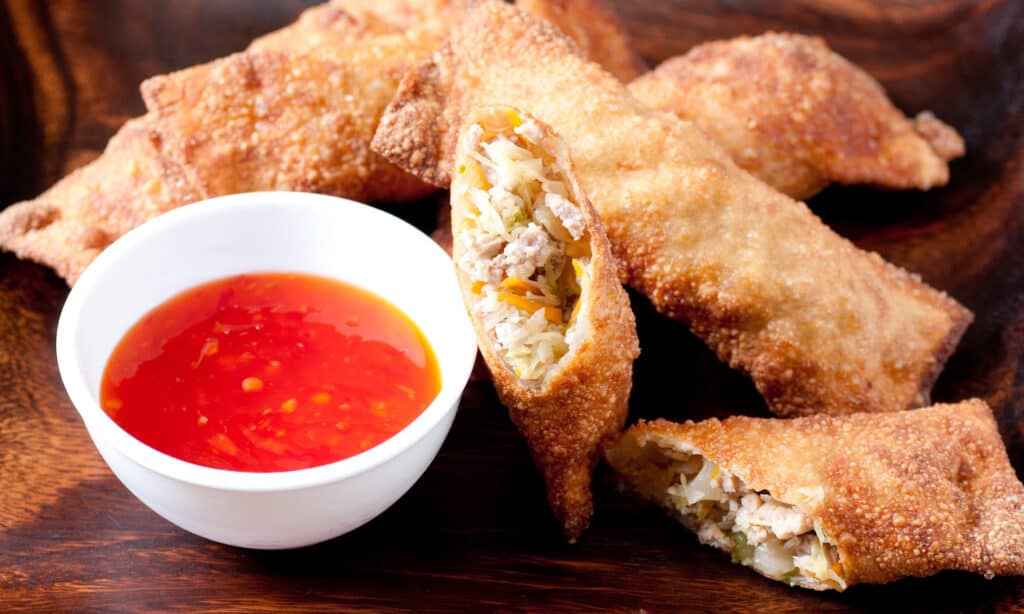
Safe Dog-Friendly Alternative to Egg Rolls:
If you’re looking for some safe and healthy alternatives to egg rolls that your pup will enjoy, here are some ideas to try out:
- Baby carrots: Dogs love the crunch of these little veggies, and they’re packed with nutrients that are good for them.
- Apple slices: Apples are a tasty and nutritious treat for dogs, but be sure to remove the seeds and core before giving them to your furry friend.
- Cooked chicken: Dogs can digest chicken easily, and it’s a great source of protein. Just be sure to remove the skin and bones before feeding it to your pup.
- Green beans: These veggies are low in calories but high in vitamins and fiber, making them a good choice for dogs who need to watch their weight.
- Sweet potato: Sweet potatoes are full of vitamins and fiber, and they’re a tasty alternative to traditional dog treats.
- Homemade dog treats: If you enjoy cooking, try making your own dog treats using ingredients like peanut butter, pumpkin, and oats. There are plenty of recipes available online to get you started.
Of course, it’s important to talk to your vet before introducing any new foods to your dog’s diet. They can help you figure out what foods are safe and healthy for your pup and give you guidance on portion sizes and feeding schedules.
Healthy Store-Bought Options:
In summary, while egg rolls can be a delicious treat for humans, they’re not the best choice for dogs. The high fat content and potential for harmful ingredients make them a risky choice for your furry friend. If your dog does accidentally eat egg rolls, be on the lookout for signs of digestive distress or other health problems, and seek veterinary care if necessary.
On the other hand, there are plenty of safe and healthy alternatives to egg rolls that your pup will love. From baby carrots to homemade dog treats, there are plenty of options to choose from that are packed with nutrients and flavor.
Ultimately, it’s important to prioritize your dog’s health and well-being when it comes to their diet. Consult with your veterinarian to figure out what foods are safe and healthy for your pup, and be sure to keep an eye on any changes in their behavior or health that could indicate a problem. With the right diet and care, your furry friend can enjoy a happy and healthy life.
~Lindsie

